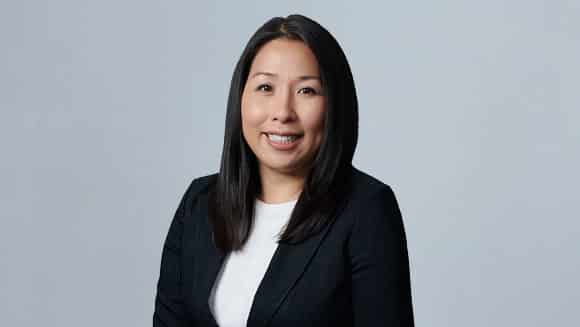Originally published in MarketsMedia
Compliance in Focus is a content series on regulatory topics for financial markets and the challenges compliance officers face in addressing surveillance and monitoring. Compliance in Focus is produced in collaboration with Eventus.
The U.S. Commodity Futures Trading Commission’s May 17 advisory that some prime brokers might have to register as derivatives clearing organizations (DCOs) is a “huge deal” for the industry, both in terms of the burden imposed on individual firms and the potential impact to a global market with notional value exceeding $600 trillion.
That’s the opinion of Maggie Sklar, Partner, Banking and Financial Services at Davis Wright Tremaine and formerly Senior Counsel to the Chairman at the CFTC.
“The people that need to register will need to have risk management, surveillance systems and technology for sure, and also comply with the full panoply of regulations,” Sklar told Markets Media. “It’s not a small thing — for many firms it could take millions of dollars to get into compliance, and lots of time and thought.”
The May 17 CFTC staff advisory “encourages entities using prime brokerage arrangements that provide credit substitution on a centralized basis to examine the specific nature of their activities for the potential need to register as a derivatives clearing organization (DCO).”
“DCR [Division of Clearing and Risk] staff have recently encountered potential DCO registration issues involving prime brokerage arrangements used by swap execution facilities or those seeking to register as SEFs, particularly through the use of market structures that require the use of a single prime broker to provide centralized credit substitution to all SEF participants,” the advisory stated. “While DCR staff does not believe that all prime brokerage arrangements will meet the definition of a DCO, DCR has recently informed several SEFs and SEF applicants that proposed market structures requiring use of a single prime broker that is a centralized credit intermediary would be required to register as a DCO.”
In addition to proper surveillance and tech systems, Sklar cited several needs for a firm to become a CFTC-registered DCO: a Board, governance mechanisms, a disciplinary committee, a risk management committee, an order book on the SEF side, and a default waterfall on the DCO side.
“They’re going to need to do the real things that DCOs do, which prime brokers do not do because it’s not their job,” Sklar said. “They’re going to have to abide by customer protection rules, which they don’t have to do right now.”
Sklar said the CFTC’s advisory is an example of tighter regulation on prime brokers following the 2021 collapse of New York-based Archegos Capital Management. That collapse caused about $10 billion in bank losses, after “each of Archegos’s prime brokers suffered a critical lack of information on their client’s other levered bets, causing them to underprice the risk of their own loans,” according to a Global Custodian report.
More regulatory scrutiny on prime brokerage extends across the Atlantic. Archegos “highlighted the increasingly complex interconnections between banks and non-bank financial institutions, confirming that sound risk management, governance and culture are key for addressing the tail risks stemming from the prime brokerage business,” The European Central Bank said in an August 2022 supervision newsletter.
Regarding what’s next, Elizabeth Davis, Co-Chair of the Financial Services practice group at Davis Wright Tremaine and a former CFTC enforcement attorney, said firms need to consider getting out in front of enforcement actions.
“The key takeaway is that folks need to see if they fall under the rubric of this, and if they do, they should consider self-reporting to DCR and Enforcement and start the registration process,” she said. “I think there will be latitude to work with DCR and Enforcement. That’s not to say you would escape a penalty, but I imagine the penalty would be significantly less if you engaged.”
“But the challenge with enforcement actions is, once you go in, since the CFTC is principles-based, are you opening yourself up to some other avenue of investigation?” she added. “So it’s a balancing act depending on who you are and what your situation is.”
Joe Schifano, Global Head of Regulatory Affair at Eventus, said newly registered DCOs will need surveillance systems, but that is a concern after their initial conversations with the CFTC. “I envision people being concerned about whether to go in and self-report, and how they go about self-reporting,” Schifano said. “But this is the reality of making compliance governance decisions. Reacting in a hurry to something like this is not easy.”
About Eventus
Eventus is a leading global provider of multi-asset class trade surveillance, algo monitoring and risk controls solutions. Its powerful, award-winning Validus platform is easy to deploy, customize and operate across equities, options, futures, foreign exchange (FX), fixed income and digital asset markets.
Validus is proven in the most complex, high-volume and real-time environments of tier-1 banks, broker-dealers, futures commission merchants (FCMs), proprietary trading groups, market centers, buy-side institutions, energy and commodity trading firms, and regulators. The company’s rapidly growing client base relies on Validus and Eventus’ responsive support and product development teams to overcome its most pressing regulatory challenges. For more, visit www.eventus.com.


